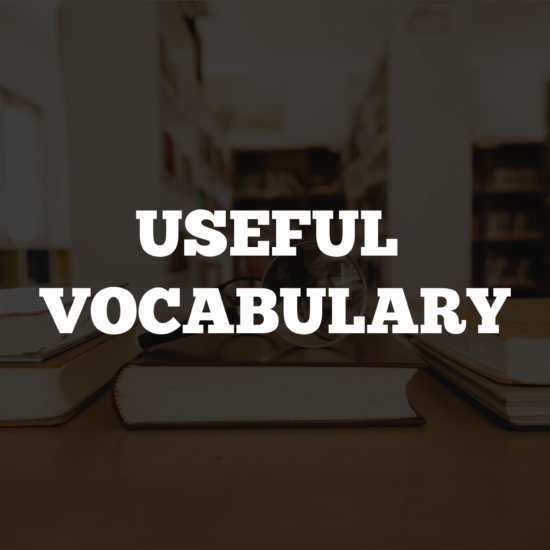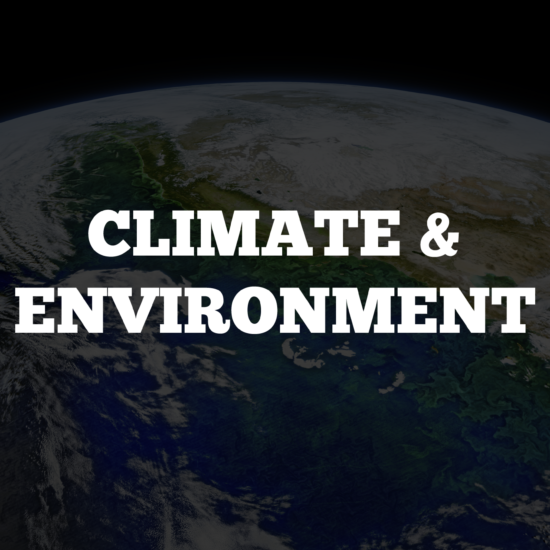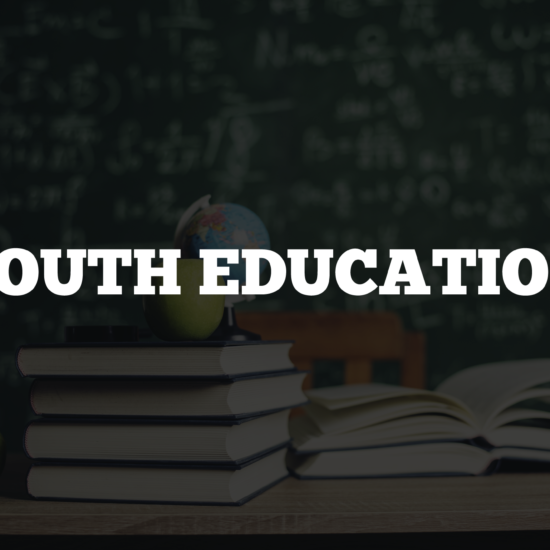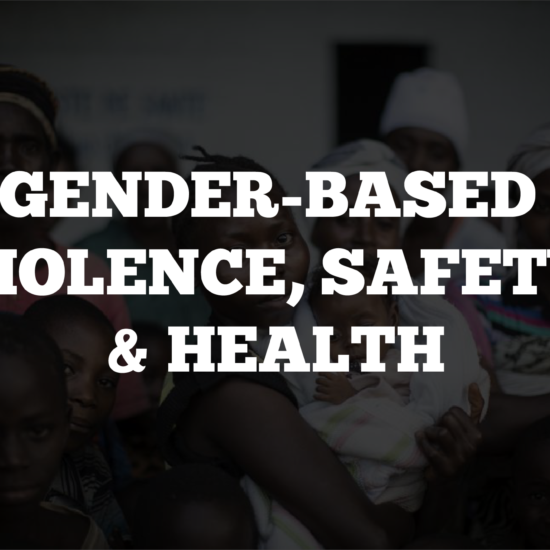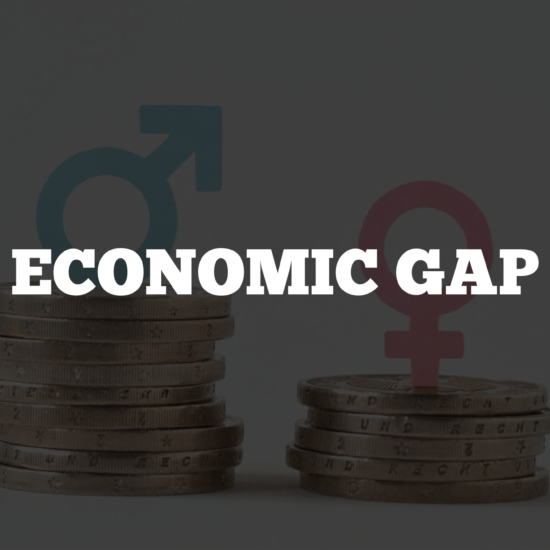TOWARDS GENDER EQUALITY / Leadership & Public Representation
Leadership & Public Representation
Leadership & Public Representation
There was only one woman awarded a Nobel Prize in 2021, out of 13 laureates. Journalist Maria Ressa of the Philippines shared the Nobel Peace Prize with Russian journalist Dmitry Muratov for their work to defend freedom of expression in their countries.
- 25 years after the Beijing Declaration and Platform for Action, which set the international target for reaching gender balance in political decision-making, women are still underrepresented across all levels of power. You can find here the United Nations world map of political representation as of January 1st 2021.
- Between 2020 and 2021 women’s participation in political life actually decreased by over 50%, and the WEF now estimates that at the current rate it will take 145.5 years to close.
- According to the UN’s Sustainable Development Goals tracker, in 2021 women hold 25.6 percent of roles in national parliaments, 36.3 percent of roles in local government, and 28.2 percent of managerial positions.
- In September 2020, global consulting firm Mckinsey published ‘Ten Things To Know About Gender Equality’. This report, among other findings, described the corporate career pipeline as “leaky” – and noted that the biggest obstacle to women on the career ladder is a “broken first rung” which means it is more difficult for them to be promoted to a first managerial position, or to make up the lost ground subsequently.
- The report also found that across the Asia-Pacific region there is an average of one female leader for every four men, with some countries in East Asia totalling 12-20 women in leadership positions for every 100 men.
- Women who do step forward to lead or to speak up – particularly in political, professional, or activism sectors – often face significant challenges to their safety, including physical attacks, harassment, smear campaigns, online abuse, and intimidation.
- According to the largest study on the portrayal, participation and representation of women in the news media ever made, conducted by the Global Media Monitoring Project (GMMP) in 2020 spanning 25 years and 114 countries, only 25% of the persons heard, read about or seen in newspaper, television and radio news are women.
- The TIME magazine list of emerging leaders in 2021 includes Sanna Marin, the Prime Minister of Finland, the world’s youngest female head of state at just 35 years old. She took office in December 2019, just weeks before the first outbreak of COVID-19 in her country.
- The list also includes 24 year old Ugandan climate activist Vanessa Nakate, who was cropped out of the final photo taken by the Associated Press agency when standing next to Greta Thunberg and three other European climate activists at Davos in January 2020. Nakate told AP “You didn’t just erase a photo. You erased a continent. But I am stronger than ever.
- Following the Taliban’s takeover of Afghanistan in September 2021, nine members of the all-girl robotics team known as the ‘Afghan Dreamers’ were evacuated to safety in Qatar. The girls went on to participate in the First Global Challenge, a virtual international robotics competition. 18 year old team member Sumaya Faruqi said “By participating in this competition, we want to show everyone that Afghan girls have talent. If you provide them with facilities, then it doesn’t matter where they are.”
Check out the following links for more data & info on women leadership and representation
- Women in politics: 2021, UN Women
- Gender Equality, women’s rights in review 25 years after Beijing – UN Women – Generation Equality
- Gender Equality in the Media Sector, a study by the European Parliament’s Policy Department for Citizens’ rights and Constitutional Affairs, 2018
- Women in power project summary report, USAID, 2016
- Who Makes the news, 6th edition of the Global Media Monitoring Project, 2020
- A Gender Balance Guide for Media, Women in News, WAN-IFRA, 2020
- Women in leadership: how to close the gap, Towards Equality webinars by Sparknews, 2020
- Gender crisis in News: concrete solutions for fairer representation, Towards Equality webinars by Sparknews, 2020
EXAMPLES OF IMPACTFUL INITIATIVES
- Gender quotas are numerical targets that stipulate the number or percentage of women that must be included in a candidate list or the number of seats to be allocated to women in a legislature. They aim to reverse discrimination in law and practice and to level the playing field for women and men in politics. Although gender quotas remain controversial, as warns the World Economic Forum, across the world, a growing number of countries are introducing gender quotas to increase the number of women in parliaments. One of them is Belgium, where legislative candidates quotas were introduced more than 20 years ago, requiring parties to fill at least a third of their electoral lists with members of the under-represented gender group (women). Since then, the percentage of female representatives has risen exponentially from the 16% they accounted for before to 42% of the House of Representatives. Here’s a database of every country’s legislation regarding quotas.
- Another country with legislated gender quotas is Rwanda, where women make up 61% of the lower house. In 2003, the country adopted a new constitution that reserves 30% of parliamentary seats for women and requires political parties to ensure that women hold at least 30% of elected internal positions.
- Running mostly on social media, the campaign #Girl2Leader, launched in 2017 by an international collective of female politicians —Women Political Leaders, or WPL—, is seeking to increase both the number and the influence of women in political leadership positions by connecting accomplished female politicians with young girls in several countries around the world. The event takes place every October 11 since then, both on and offline, with events with young girls and female leaders being hosted in countries such as Albania, Bolivia, Canada, Guinea, Ireland, Liberia, Kenya, Malaysia, Malta, Monaco, Poland, Romania, Rwanda, Ukraine, the United Kingdom and the USA. The initiative has rallied the support of female politicians and leaders all over the world, and “hosted” more than 1,500 girls in offline events.
- The Pacific region has the lowest proportion of women parliamentarians, but the Women’s Action for Voice and Empowerment (WAVE) programme, led by the International Women’s Development Agency (IWDA) supports women-led coalitions in the region to increase the representation of women in social, economic and political leadership positions. In Timor Leste, for instance a coalition of women’s groups, including the Alola Foundation and Rede Feto, launched a broad, grassroots campaign to challenge community attitudes about women’s leadership capabilities and managed to almost double the number of women elected in village local elections from 11 in 2009, to 21 in 2016. They also helped introduce gender quotas in the 2016 Suco Election Law: as a result, there was a 20-fold increase in the number of women candidates. Another example is in Myanmar, where the Women’s Initiative Platform is now training a pool of campaign coaches to support potential women candidates in preparation for the 2020 national election. Once elected, they are supported by the country’s first structured political mentoring programme for women, which helps them to navigate male-dominated spaces and improve their power and influence by matching Myanmar women MPs who are committed to gender equality with Australian women MPs with similar commitments. The programme is implemented by Akhaya Women and draws on learnings from EMILY’s List Australia on the power of women MPs supporting one another.
- In April 2019, 74% of the 500 BBC programs that had been involved in an initiative called the 50:50 Project for a year or more had reached 50% or more female contributors on their shows. Here’s the full story on how they did it. ABC News and 20 other outlets joined the BBC’s efforts in 2019, and now have their own 50:50 projects.
- Pinkstinks, a German nonprofit that campaigns against the ‘pinkification of little girls,’ and overall gender stereotypes in marketing and the media, has been working with the German advertising committee, an industry monitoring body that issues guidance to advertisers, to end gender stereotypes and sexism in advertising. Together with the Association of Communication Agencies, the umbrella organization for many well-known German advertising agencies, the nonprofit has come up with the ‘Pinker Pudel’, Germany’s first positive price for gender-sensitive advertising, to reward and encourage those who break with gender stereotypes in the media.
- ‘Don’t hate the media, become the media’, is the motto of Shiftbalance, a French think and action tank with an international scope working to spark public conversations about gender balance in the media, by training men and women to become storytellers and spread a new narrative on gender issues. Their end goal is to collect, produce and spread information through different types of content —books, films, newsletters, videos and courses—, by giving anyone with a ‘balance-making voice’ the tools to tell a transformational story.

CONCRETE INITIATIVES, COVERED IN THE NEWS THROUGH CONSTRUCTIVE LENSES:
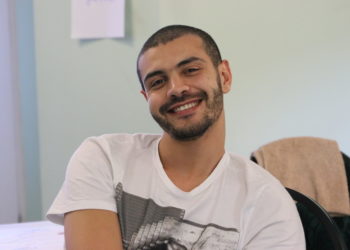
In Morocco, Machi Rojola stands for inclusive masculinity
By Amine Boushaba, L’Économiste (Morocco)
The fight for gender equality will not be fought nor won without men: such is the conviction of Soufian Hennani, founder of the podcast Machi Rojola (« This is not what being a man is », in the Moroccan Arabic dialect). His bimonthly show, which has thousands of listeners, debates on gender relationships, and explores how we may fight sexual assaults, harassment and male domination. Though Moroccan society regularly denounces gender-based violence, the role that men play in it is seldom questioned, and the main image of men completely fails to capture the diversity and complexity of masculinities. With Marchi Rojola, a wind of change is blowing over Morocco: as people discuss more openly about gender struggles taboos start falling apart.
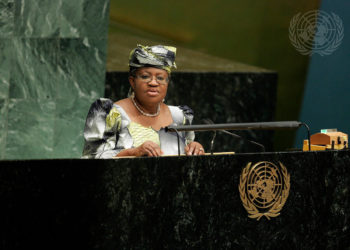
Women making their way to the top in International Institutions
By Laurence Bézaguet, Tribune de Genève (Switzerland)
2019 and 2020 marked the arrival of women in several key leadership positions at international institutions. ‘A moral but also an operational necessity’ in the words of United Nations Secretary General António Guterres, who made the feminisation of UN staff one of the key objectives of his mandate. Although there is still room for improvement at every stage, the growing presence of women in leadership positions is promising and a good reflection of some of the key takeaways from the last few years, and from the ongoing crisis: the post-Covid world cannot and will not be (re)built without women.
Info
All, Gender Related Issues


